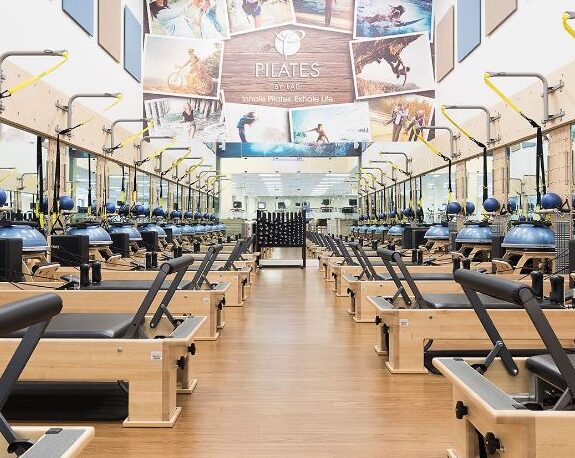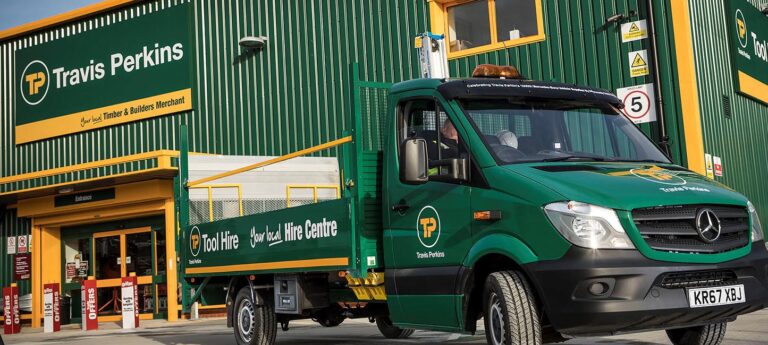7 Considerations When Purchasing Laptops for Your Business Office
Choosing the right laptops for your business office is crucial. Which laptops will best meet your business needs? This decision impacts productivity and workflow efficiency.
Each laptop comes with different specifications and capabilities. Understanding your needs helps you make informed choices. Consider factors like budget, performance, and durability.
Will the laptops handle specific software requirements? These questions are important to ask and answer. Employee comfort and laptop portability also matter.
Selecting means investing in growth and success. A thoughtful approach ensures you purchase suitable laptops. Let’s explore what to consider when making this decision.
1. Budget Considerations
When selecting laptops for your business, budget is often the first aspect to address. It’s essential to look beyond the initial price tag and consider the total cost of ownership.
The initial price includes the upfront cost. Yet, ongoing expenses, such as maintenance should also be factored into your budget planning.
Another strategic approach is to buy computers wholesale. Purchasing in bulk can lead to significant savings. It reduces the cost per unit.
This way, you can allocate funds towards other essential business needs. You can invest in slightly higher-end models that offer better durability and performance.
Keep an eye out for seasonal sales and discounts. It might offer even more cost-efficient options. Careful financial planning ensures you get the most value for your investment, balancing cost and quality.
2. Performance
Performance is a key factor when purchasing laptops for your business. It directly affects productivity and efficiency. It encompasses how well a laptop can handle tasks you do daily.
When evaluating performance, consider the processor, which acts as the brain of the laptop. A faster processor will handle multitasking and more demanding applications seamlessly.
Additionally, consider the RAM, which affects the laptop’s ability to run programs smoothly. More RAM allows for better handling of multiple open applications without slowing down.
Storage type also matters. Opting for an SSD (solid-state drive) rather than a traditional HDD (hard disk drive) can speed up boot times and application loading.
Think about battery life. Longer battery life ensures uninterrupted workflow. Balancing these aspects will help your employees work efficiently and productively.
3. Durability
When selecting laptops for business purposes, durability is an essential factor to consider. A durable laptop ensures that it can withstand the wear and tear of daily use, which is common in an office environment.
Look for laptops with sturdy construction and materials, such as those with metal or reinforced plastic cases. It can offer more protection against drops or bumps. Water-resistant keyboards can also be beneficial in protecting against accidental spills.
Consider the longevity of the laptop’s components. For example, a good-quality hinge can prevent screen damage from frequent opening and closing.
Also, check if the laptop has undergone rigorous testing for durability standards like MIL-STD-810. It assesses durability under different conditions.
Investing in durable laptops reduces downtime and repair costs. It leads to a better return on investment in the long run.
4. Software Compatibility
When selecting laptops, ensure the devices are compatible with the necessary software your team uses daily. Software compatibility refers to the laptop’s ability to run required applications without hindrance.
Start by identifying which software applications are essential for your business operations. Check the system requirements for each application, focusing on elements like:
- operating system
- processor speed
- RAM
- storage needs
Make sure the laptops you choose meet or exceed these requirements to avoid potential issues. Consider the possibility of future software updates or changes in preferred apps. It ensures the laptops can adapt to new demands.
Compatibility is about the current software. It also has the flexibility to handle the evolving technological landscape.
This foresight helps in preventing disruptions in workflow. It ensures your business remains efficient and productive.
5. Employee Comfort
Employee comfort is a vital consideration when choosing laptops for your business. A comfortable laptop setup can enhance employee satisfaction and productivity.
Consider the weight and size of the laptop. Lightweight models are easier to carry. It is important if your employees need to move around or work from various locations.
Also, focus on the keyboard and touchpad design. A comfortable and responsive keyboard can make typing easier. It reduces the strain on your employees’ hands and wrists.
The screen is another important factor. A laptop with a high-resolution display and anti-glare properties can help reduce eye strain during long working hours.
Ergonomics play a role in comfort and productivity. Laptops with adjustable screen hinges allow employees to set up their devices at the most comfortable angle.
Prioritizing comfort helps create a better work environment. This approach supports both well-being and productivity.
6. Portability
Portability is an important factor to consider when buying laptops for your business. When focusing on portability, consider the size of the laptop.
Models with a screen size between 13 to 15 inches are often ideal. They strike a balance between a manageable size and usable screen space.
Weight is also a key point; aim for laptops that weigh less than four pounds. It is to ensure they easily fit into bags and are not too heavy to carry. Choosing laptops with good portability can support a flexible and efficient working environment. It enables staff to stay productive wherever they are.
7. Future Growth
Choosing the right laptops is not just about meeting today’s needs. It’s also about preparing for future growth. As your business expands, you’ll want equipment that can grow and adapt with you.
Consider laptops with flexible features like expandable storage or RAM. It allows them to handle more demanding tasks as your needs evolve.
Opt for models that support the latest connectivity options, such as Wi-Fi 6. Choose those with USB-C ports to ensure compatibility with new technologies. This foresight will help you avoid costly upgrades or replacements soon.
Investing in future-ready technology can also improve employee satisfaction. They will have the tools to work efficiently as workloads increase. By planning for future growth, your business can continue to thrive without interruptions. It improves productivity and profitability over time.
Learn What to Consider When Purchasing Laptops for Your Business Office
In conclusion, selecting laptops for a business office is vital. Administrative staff need reliable devices to ensure smooth work processes. Considerations like budget, performance, and durability matter.
Software compatibility enhances efficiency for each employee’s specific tasks. Employee comfort improves productivity and reduces physical strain over time. Portability allows staff to work efficiently from various locations.
Future growth planning prevents unnecessary upgrades and investments. Choose wisely to contribute to long-term business success.
Did you find this article helpful? If so, check out the rest of our site for more informative content.







